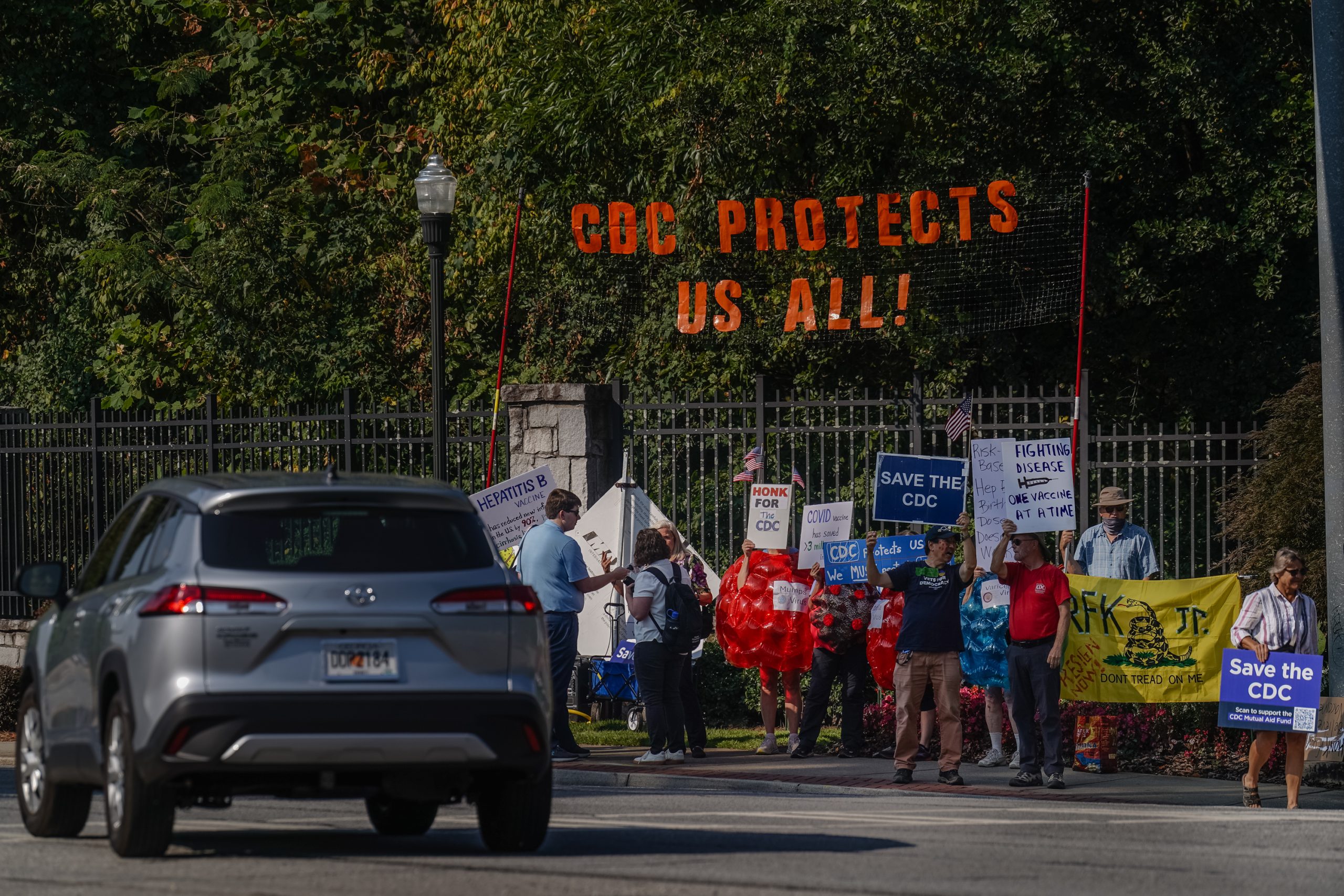CDC Under Fire: Staff Cuts & Mistrust Plague Public Health
The Centers for Disease Control and Prevention (CDC), once a beacon of public health trust and a bulwark against disease outbreaks, is facing a crisis of confidence and capacity. Following staff reductions and controversial policy shifts, the agency is struggling to maintain its vital role in safeguarding the nation’s health. A perfect storm of factors, including political interference, budget cuts, and growing public skepticism, has left the CDC diminished and facing an uncertain future.
Erosion of Expertise: Mass Layoffs and Departures
The agency has reportedly lost one-third of its staff this year. This attrition follows previous layoffs during the Trump administration and the current government shutdown. The departure of experienced scientists, researchers, and public health professionals has created a significant void in the CDC’s ability to track diseases, respond to emergencies, and conduct critical research.
Former CDC Director Dr. Tom Frieden, who served during the Obama administration, laments the loss of crucial programs. “The CDC tracks what happens in people and supports comprehensive action in communities and quit lines and hard-hitting ads. That’s all gone,” he stated, highlighting the impact of the cuts on essential public health initiatives. These programs are often the first line of defense against emerging health threats, and their absence leaves the nation more vulnerable.
States Rebel, Public Trust Falters
The situation is further complicated by growing distrust in the CDC and the government’s handling of public health. A recent poll indicates that only half of Americans trust the CDC to provide reliable information about vaccinations. This erosion of trust has fueled vaccine hesitancy and made it more difficult to implement effective public health campaigns.
In response to what they perceive as a weakening of federal leadership, some states are forming public health alliances independent of the CDC. These alliances aim to pool resources and expertise to address regional health challenges, reflecting a growing sense of self-reliance and a lack of confidence in the federal agency.
Long-Term Consequences and the Path Forward
The full impact of the CDC’s current struggles may not be immediately apparent. Public health trends unfold over years and decades. The consequences of diminished capacity and eroded trust could manifest as increased disease outbreaks, delayed responses to health emergencies, and a widening gap in health equity.
Rebuilding the CDC’s capacity and restoring public trust will require a concerted effort. This includes increased funding for public health programs, a commitment to scientific integrity, and transparent communication with the public. It also requires addressing the underlying factors that have contributed to public skepticism, such as political polarization and the spread of misinformation. The future of public health in America depends on a strong, credible, and well-resourced CDC.
Based on materials: Vox





